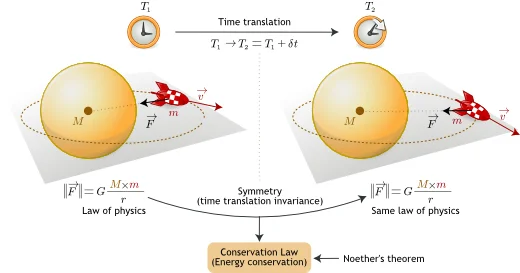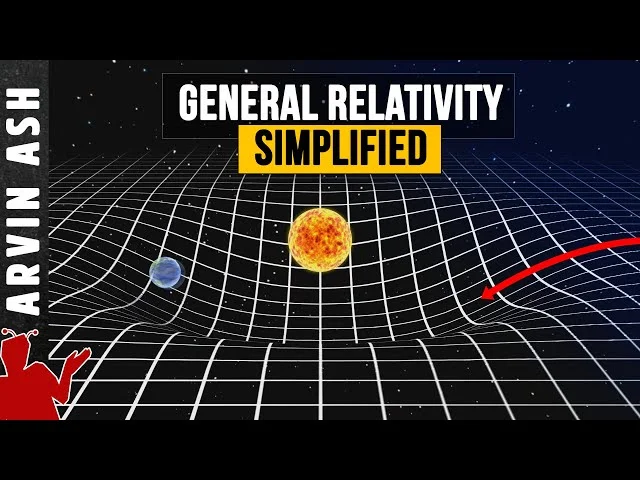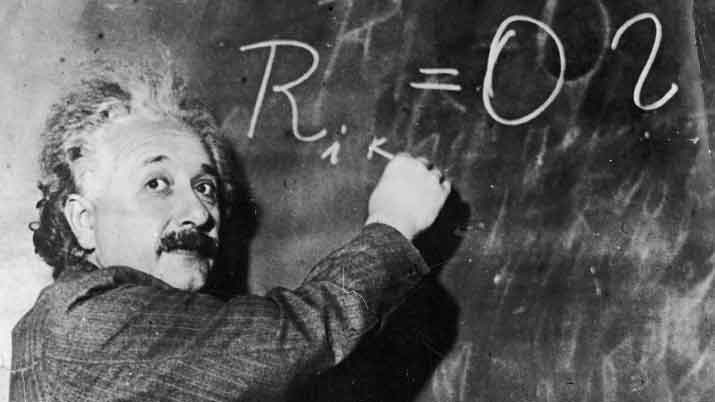Einstein’s Theory of Relativity: When it comes to scientific breakthroughs, few are as influential as Albert Einstein’s Theory of Relativity. The theory fundamentally changed our understanding of the universe, and it has had a profound impact on everything from physics to philosophy. In this article, we will explore the key concepts of the theory and their implications.
The Basics of Relativity

At its core, Einstein’s Theory of Relativity is all about the relationship between space and time. According to the theory, space and time are not separate entities, but are inextricably linked together as a single entity called spacetime. This means that space and time are not absolute, but are relative to the observer. In other words, what one person perceives as “now” may not be the same as what another person perceives as “now.”
The theory also introduced the idea that the speed of light is constant, regardless of the motion of the observer or the source of the light. This means that no matter how fast you are moving, the speed of light will always be the same. This concept challenged the traditional Newtonian view of physics, which held that time and space were absolute and that the speed of light was relative.
Special Relativity
Einstein’s Theory of Relativity can be broken down into two parts: Special Relativity and General Relativity. Special Relativity deals with the relationship between space and time in the absence of gravity. The theory introduced the concept of time dilation, which means that time passes more slowly for objects that are moving at high speeds relative to an observer who is at rest. This phenomenon has been proven experimentally and has important implications for everything from GPS satellites to particle accelerators.
Special Relativity also introduced the concept of length contraction, which means that objects that are moving at high speeds appear to be shorter in the direction of motion when viewed by an observer who is at rest. This effect has also been proven experimentally and has important implications for space travel and other high-speed applications.
General Relativity

General Relativity is the second part of Einstein’s Theory of Relativity, and it deals with the relationship between space, time, and gravity. According to General Relativity, the force of gravity is not a force at all, but is instead a curvature of spacetime caused by the presence of mass and energy. This means that objects with mass create a “dent” in spacetime, and the curvature of that dent determines the path that other objects will take as they move through spacetime.
One of the key predictions of General Relativity is the phenomenon of gravitational lensing, which occurs when light from a distant object is bent by the gravity of a massive object, such as a galaxy or a black hole. This effect has been observed and measured, providing strong evidence for the theory.
Implications of Relativity
Einstein’s Theory of Relativity has had a profound impact on our understanding of the universe, and it has led to many new discoveries and advancements in science and technology. Some of the most notable implications of the theory include:
- The equivalence of mass and energy: Einstein’s famous equation E=mc² shows that mass and energy are interchangeable. This concept has been proven experimentally and has led to advancements in nuclear energy and particle physics.
- The Big Bang: Einstein’s theory of General Relativity predicted the existence of a cosmic expansion, which was later confirmed by observations of the cosmic microwave background radiation. This provided strong evidence for the Big Bang theory, which explains the origins of the universe.
- Black holes: Einstein’s theory of General Relativity predicted the existence of black holes, which are regions of space where the curvature of spacetime is so extreme that nothing, not even light, can escape.
Read Also: Newton’s Law
![]()






One thought on “Einstein Theory of Relativity”